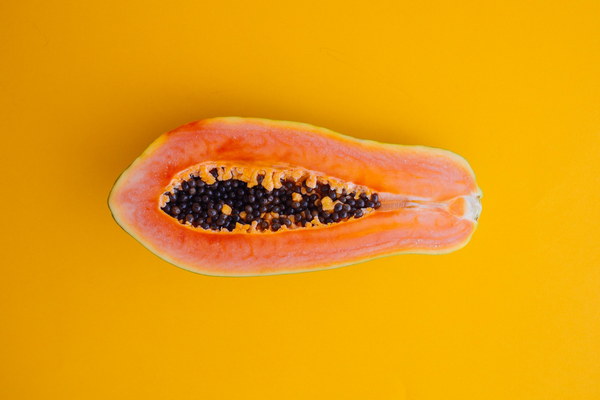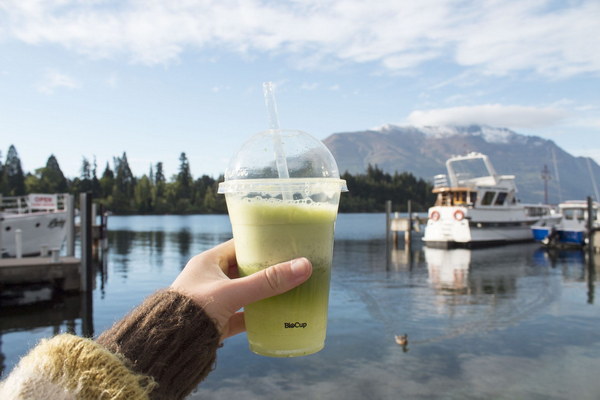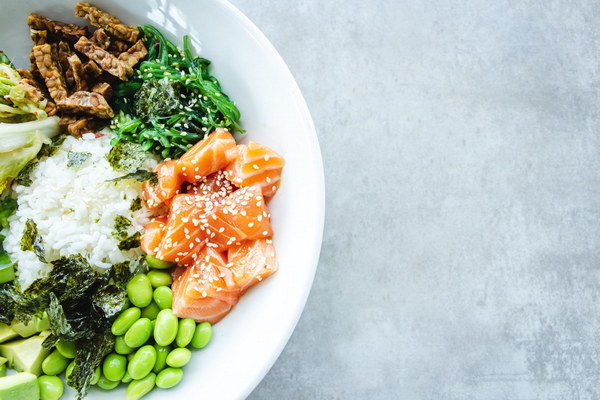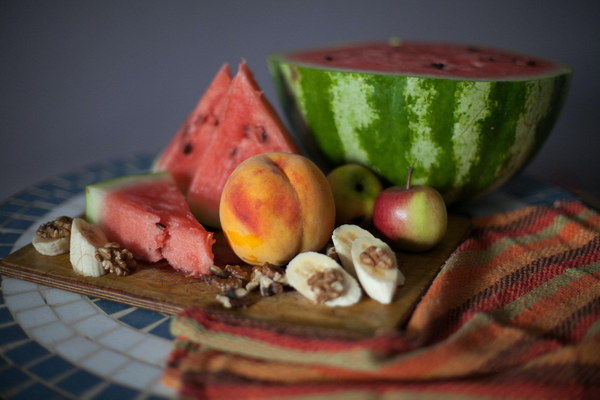Unleashing the Power of Herbs in Wine Does it Work for Dampness Relief
In the realm of traditional medicine, the combination of herbs and alcohol has long been revered for its healing properties. One such practice is the use of herbs to infuse wine, with the aim of alleviating dampness in the body. But does this ancient method actually work? Let's delve into the world of herbal wine and explore its effectiveness in dampness relief.
Dampness is a concept deeply rooted in traditional Chinese medicine (TCM). It refers to the accumulation of dampness in the body, which can lead to a variety of health issues such as fatigue, joint pain, and digestive problems. TCM believes that the proper balance of yin and yang is essential for maintaining good health, and dampness is considered an imbalance that disrupts this harmony.

Herbal wine, or Hongjiu in Chinese, is a traditional remedy that harnesses the healing properties of herbs and alcohol. The process involves steeping a selection of herbs in wine for an extended period of time, allowing the alcohol to extract the beneficial compounds from the plants. Once the infusion is complete, the wine is believed to possess the therapeutic properties of the herbs.
The effectiveness of herbal wine in dampness relief largely depends on the specific herbs used and the individual's constitution. Here are some commonly used herbs in herbal wine for dampness relief:
1. Atractylodes macrocephala (Cang Zhu): This herb is known for its drying and warming properties, making it an excellent choice for dampness relief. It is often combined with other herbs to enhance its effectiveness.
2. Poria (Fu Ling): Poria is a mushroom that is believed to have strong damp-drying effects. It is often used in conjunction with other herbs to improve digestion and alleviate dampness-related symptoms.
3. Angelica sinensis (Dang Gui): This herb is known for its blood-boosting and warming properties. When used in herbal wine, it can help to improve circulation and alleviate dampness-related symptoms.
4. Cinnamon (Rou Gui): Cinnamon is a spice that is known for its warming and drying effects. It can be added to herbal wine to help expel dampness and improve digestion.
The process of making herbal wine is relatively simple. Here's a basic recipe to get you started:
Ingredients:
- 500ml of high-quality wine (such as red wine or rice wine)
- 1-2 tablespoons of dried herbs (such as Atractylodes macrocephala, Poria, Angelica sinensis, and Cinnamon)
Instructions:
1. Place the dried herbs in a glass jar.
2. Add the wine to the jar, ensuring that the herbs are fully submerged.
3. Seal the jar and let it steep for at least 2 weeks, shaking the jar occasionally.
4. After the steeping period, strain the wine to remove the herbs.
5. Your herbal wine is now ready to be consumed.
While there is limited scientific evidence to support the efficacy of herbal wine in dampness relief, many people have attested to its benefits. However, it is essential to consult with a healthcare professional before embarking on any herbal treatment, as some herbs may interact with medications or have contraindications.
In conclusion, herbal wine may indeed offer relief from dampness-related symptoms. The combination of herbs and alcohol may work synergistically to improve digestion, boost circulation, and alleviate dampness in the body. However, more research is needed to fully understand the mechanisms behind this traditional remedy. Until then, those seeking relief from dampness may find comfort in exploring the world of herbal wine.









